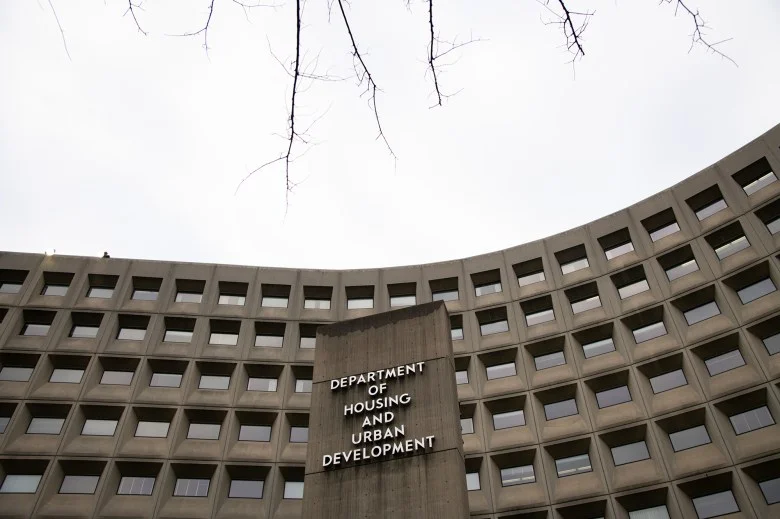
HUD Emergency Voucher Program Faces Implementation Challenges
The U.S. Department of Housing and Urban Development (HUD) launched an Emergency Housing Voucher (EHV) program to address the growing homelessness crisis across the country. Despite its noble intentions, the program has encountered significant hurdles in its implementation phase, as reported by CalMatters.
The EHV program aims to provide immediate housing assistance to those most in need. However, the initiative has been hampered by administrative delays and a lack of sufficient support from local Public Housing Agencies (PHAs). These agencies, already stretched thin by existing demands, have struggled to effectively distribute the vouchers and connect eligible individuals with landlords willing to accept them.
One of the primary challenges has been the reluctance of landlords to participate. Many are hesitant due to concerns about the stability and reliability of voucher recipients, as well as the additional administrative burden of working with PHAs. This hesitation has led to a significant gap between the number of vouchers issued and the number of people successfully housed.
In response, HUD has attempted to bolster the program by providing additional funding and technical assistance to PHAs. Yet, the effectiveness of these measures remains to be seen. Advocates for the homeless population argue that more comprehensive solutions are needed, including stronger incentives for landlords and streamlined processes to expedite voucher distribution.
The EHV program's struggles highlight the broader challenges of addressing homelessness in the U.S. While the initiative represents a step in the right direction, it also underscores the need for more robust and sustainable approaches to housing assistance.
